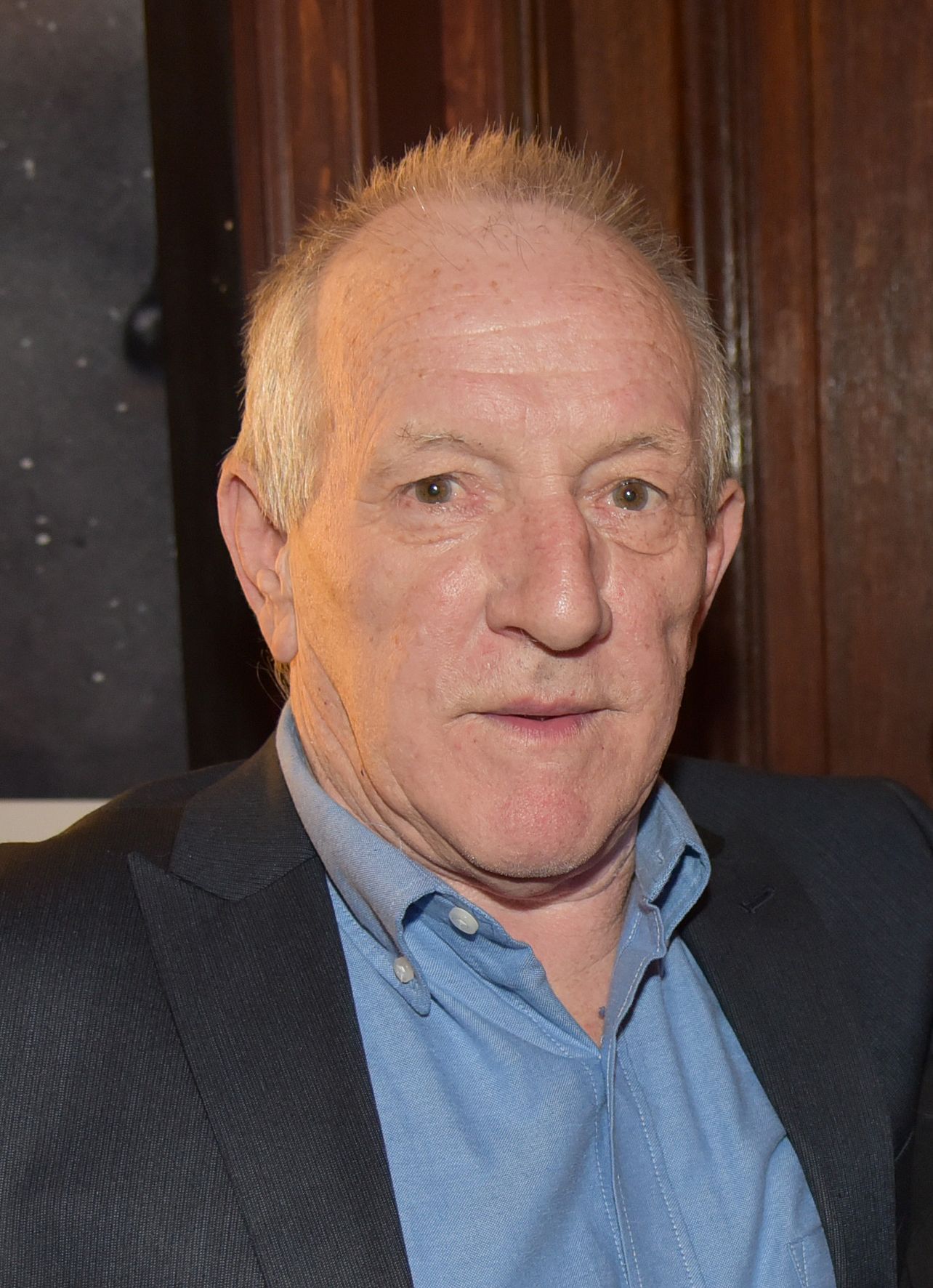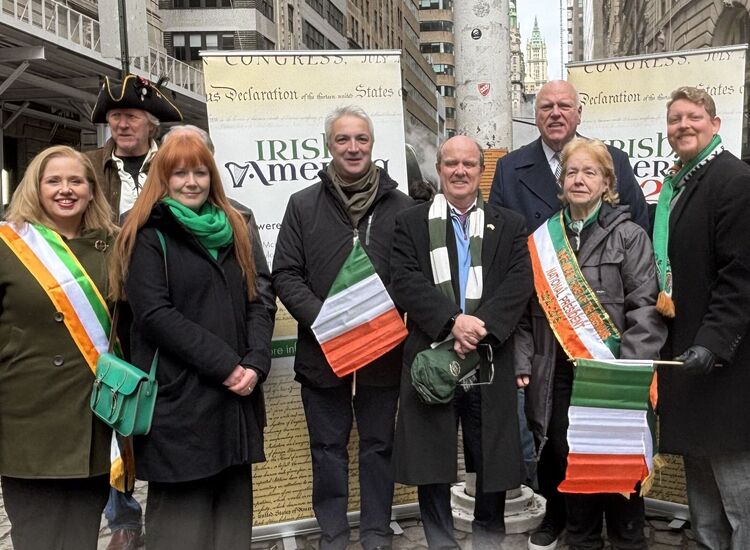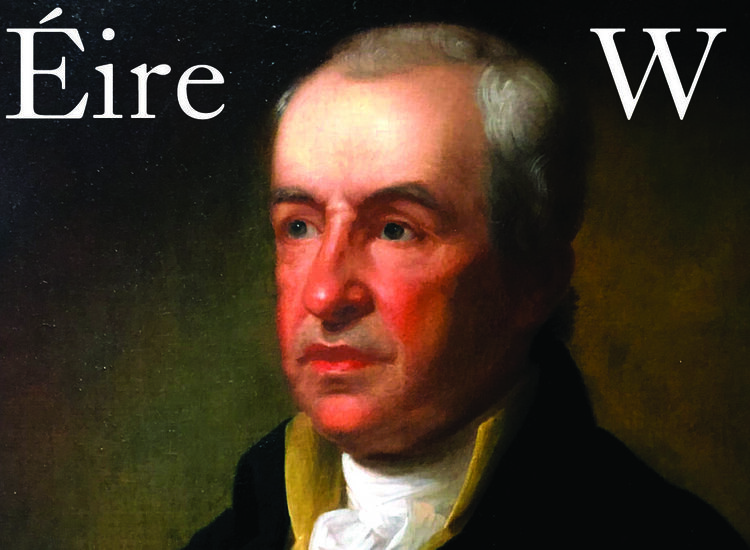Noel Gaynor, who for many years called America his home even if the U.S. government was unwilling to formally designate the U.S. as his fully legal home, has died in upstate New York.
Gaynor, 71, a native of Lurgan, County Armagh, was a member of the group known as "the deportees." He died after a long illness. For most of his American life he had lived in Olean, New York, not far from Buffalo.
The deportees entered the United States without admitting to past convictions in Northern Ireland during the Troubles. By means of lengthy legal battles and significant political support they were able to remain in the United States, marry and raise children.
But there was always a legal Sword of Damocles hanging over their heads.
The deportees were Brian Pearson, Gabriel Megahey, Gerald McDade, Robert McErlean, Matthew Morrison, Kevin Crossan and Noel Gaynor.
Robbie McErlean and Kevin Crossan died some years ago.
The bulk of the legal battles played out in courts and involving the Deportees took place in the 1990s.
In the summer of 2000, and in a move timed to coincide with a visit to Ireland by President Bill Clinton, then U.S. Attorney General Janet Reno’s Justice Department terminated deportation proceedings against six of the deportees
Reno also ordered that no proceedings be taken against three other individuals who were also facing likely deportation orders.
The six specifically named by the attorney general at that time were Brian Pearson, Gabriel Megahey, Gerald McDade, Robert McErlean, Matthew Morrison and Noel Gaynor.
The three who would not face deportation proceedings were Don Mulholland, Kevin Crossan and a third individual not named at the time in a Justice Department release on the grounds that he was a legal permanent resident whose records were covered by the Privacy Act.
The Reno move did not cover all the Irish nationals in the U.S. who were facing either potential deportation proceedings or actual proceedings.
Most notably, the order did not cover the McAllister family of New Jersey and three H-Block escapees in San Francisco, against whom extradition proceedings had been dropped by the British government a short time before the Justice Department decision.
In her statement at the time, Reno said that she had been advised by the Secretary of State (Madeleine Albright) that terminating proceedings against "six aliens who have engaged in activity on behalf of the Irish Republican Army and foregoing proceedings against three others would serve the interests of United States foreign policy by contributing to the course of reconciliation reflected in the Good Friday Accord."
And she continued: "The Secretary further believes that terminating or foregoing proceedings will encourage constructive action by the parties toward a lasting peace at an important juncture in the implementation of that Accord.
"I have been informed by the National Security Advisor that he agrees with the secretary’s foreign policy judgment.
"Accordingly, in order to support and promote the process of reconciliation that has begun in Northern Ireland, I have today directed the Immigration and Naturalization Service to offer to terminate deportation proceedings against the six Irish aliens, and to forego proceedings against the three additional aliens."
Reno said that both the secretary of state and national security advisor had requested the action "knowing that each of these aliens is illegally present in the United States or otherwise subject to deportation and that each has committed crimes that would ordinarily augment the government’s interest in their prompt deportation."
She added that both had requested the exercise of discretion "based on their determination that the very significant foreign policy interests at stake in the Northern Ireland peace process warrant such action.
"I have been advised that the British and Irish governments have been consulted and that this action parallels their efforts to reintegrate former paramilitary prisoners into society in support of the peace process," Reno concluded.
Reno’s order was welcomed by President Clinton.
"I strongly support the attorney general’s decision," Clinton said in a statement.
"All nine individuals had served sentences in the United Kingdom for activity connected with the IRA, but are physically present in the United States.
"While in no way approving or condoning their past criminal acts, I believe that removing the threat of deportation for these individuals will contribute to the peace process in Northern Ireland."
None of the deportees were ever deported, even after Clinton and Reno left office, but their cases still continued to exist in a form of legal limbo, one in which they are able to remain in the U.S. but without being accorded the rights of legal permanent residents or citizens, while at the same time having to apply for work authorization on an annual basis.









